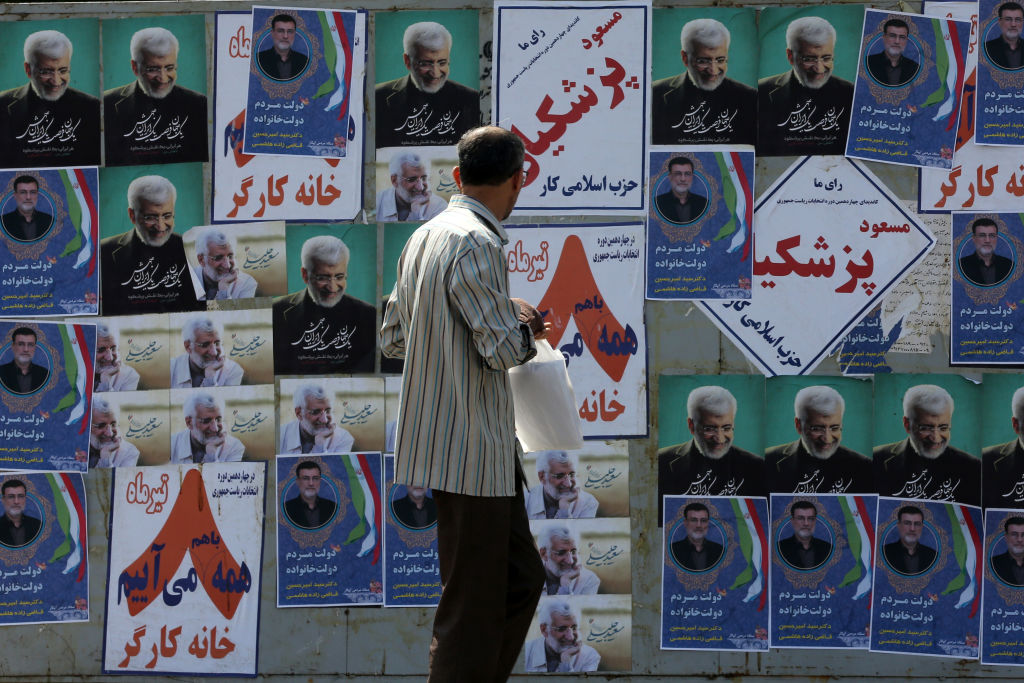A5X, Brazil’s new derivatives and futures exchange, has secured five international shareholders. IMC Trading, Jump Trading Group, Optiver, XTX Markets, and ABN Amro Clearing have joined the venture.
These companies, except ABN Amro, are key market makers in derivatives. The new Exchange was founded by former XP executives and is located in São Paulo.
Market projections suggest these firms account for 50% to 60% of B3’s derivatives, options, and futures trading volume. As A5X shareholders, they may shift their operations, potentially impacting B3’s asset trading significantly.
Carlos Ferreira Filho, A5X’s president and co-founder, believes these shareholders will aid in developing operations due to their extensive experience. ABN Amro Clearing, Europe’s largest clearing house, is expected to assist in setting up A5X’s clearing and settlement system.
With these new partners, A5X’s capital has reached R$200 million ($32 million). This amount suffices to establish the exchange and its clearing house, which typically requires a minimum of R$100 million ($16.13 million).
 New Brazilian Exchange A5X Gains Major International Shareholders. (Photo Internet reproduction)
New Brazilian Exchange A5X Gains Major International Shareholders. (Photo Internet reproduction)A5X has submitted documentation to the Securities and Exchange Commission (CVM) and Central Bank (BC) for operational authorization. The review process may take 12 to 18 months, with trading expected to commence in the first half of 2026.
Disrupting Brazil’s Exchange Landscape
The new exchange aims to offer both financial contracts and metal and agricultural commodities. A5X’s preliminary studies indicate that B3’s fees are five to six times higher than those of other global exchanges.
Competition has intensified in the sector, with A5X recently recruiting executives from B3’s technology and operations departments. This mirrors B3’s strategy of hiring industry talent, such as former CVM director Daniel Maeda.
A5X’s founding partners include Carlos Ferreira Filho, Karel Luketic, Nilson Monteiro (president of Ideal brokerage), Julian Chediak (partner at Chediak Advogados), and Ideal brokerage itself.
The entry of these international players into A5X signals a shift in Brazil’s exchange landscape. It introduces competition to B3’s monopoly and may lead to more efficient and cost-effective trading options for market participants.

 By The Rio Times | Created at 2025-01-09 10:26:09 | Updated at 2025-01-09 21:59:19
11 hours ago
By The Rio Times | Created at 2025-01-09 10:26:09 | Updated at 2025-01-09 21:59:19
11 hours ago








